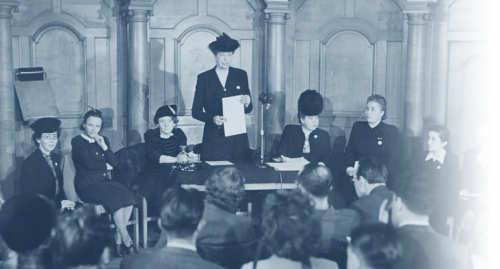“Citizens United v. FEC has fundamentally reshaped American politics by enshrining into law a radical new conception of what it means to be a democratic participant. The Court strikes down, on freedom of speech grounds, a federal law prohibiting independent political expenditures by unions and corporations. Yet, throughout the approximately 180 pages of opinion, there is strikingly sparse discussion of just what “speech” is. Nor do any of the Justices adequately explore the rationale behind the phrase “corporate speech,” an arguably paradoxical syntactical combination rooted in the Court’s “freedom of expressive association” jurisprudence-a doctrine of relatively recent vintage. Justice Stevens’ passionate dissent is laced throughout with the concession that corporations themselves engage in “speech”-a term that, on its face, would seem to require a human “speaker.” Thus even the dissent implicitly accepts the default position that corporations are potentially eligible for protections clearly designed by the First Amendment’s framers for human beings. Legal academics and journalists of all stripes have likewise blithely accepted the conclusion that there is something called “corporate speech.” In doing so, the dissent and others who find the Citizens United decision troubling have unwittingly and unwisely ceded unnecessary ground. By reifying corporations and imbuing them with the sympathetic qualities of individual American citizens seeking to assert their fundamental First Amendment freedoms, the majority is able to craft an opinion that resembles constitutional common sense. In this article, I examine how the Court ultimately arrives at this destination. In the decades prior to Citizens United, the Court established that associating with others has a close nexus with the textual freedoms of speech and assembly, but the contours of the “right to associate” remained far from clear. I argue that the right to enhance individual expression through association gradually, and without acknowledgement, morphed into a right of the association itself I trace and critique this development, looking closely at Court precedent, the views of the Framers, and the core philosophical underpinnings of free speech. After Citizens United, the fiction of the “corporate speaker,” useful in other contexts, was inappropriately accorded First Amendment status. The result, I argue, is contrary to democratic and republican ideals-allowing corporations and other associations to become potent players in political contests intended for individual citizens.”

